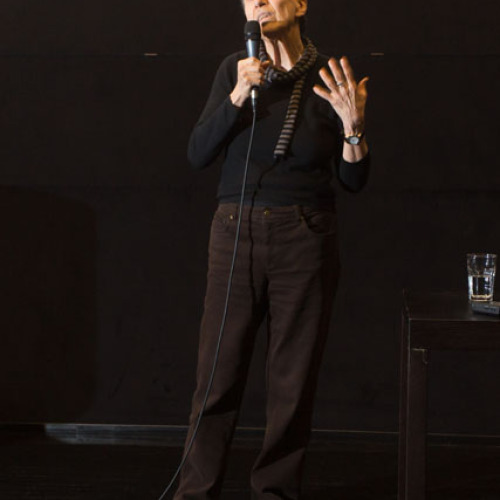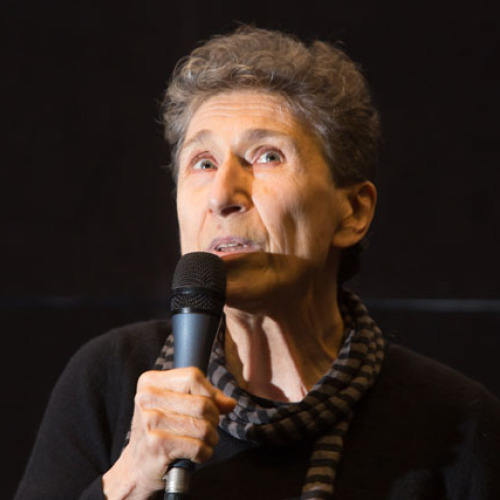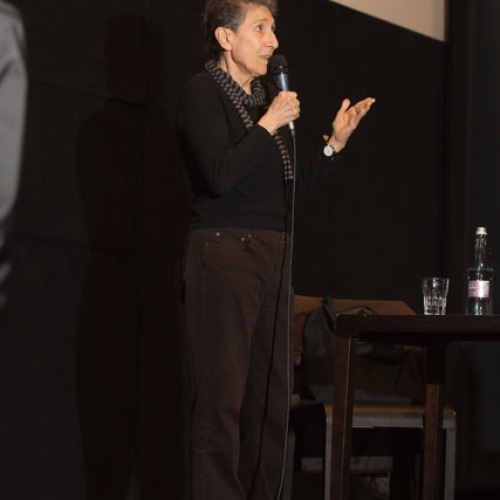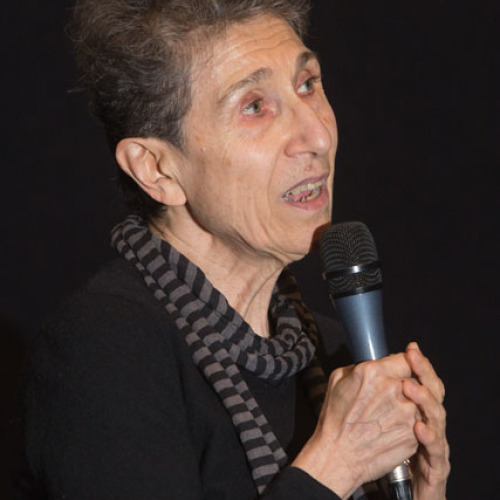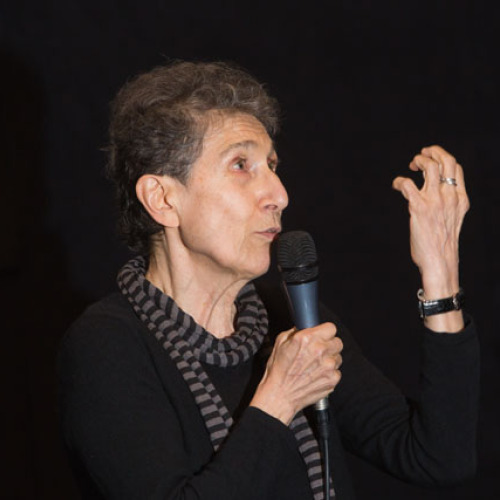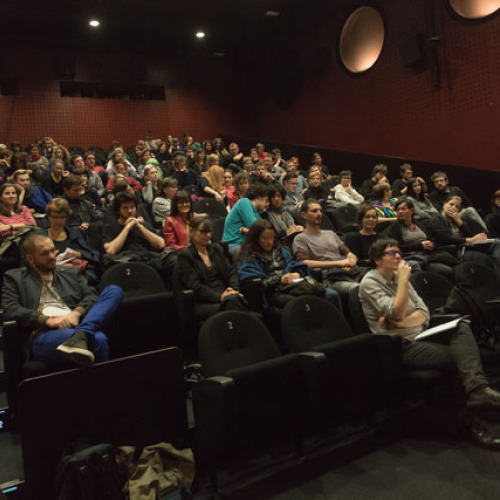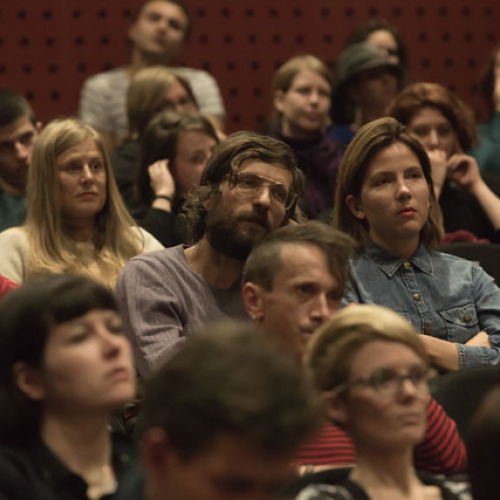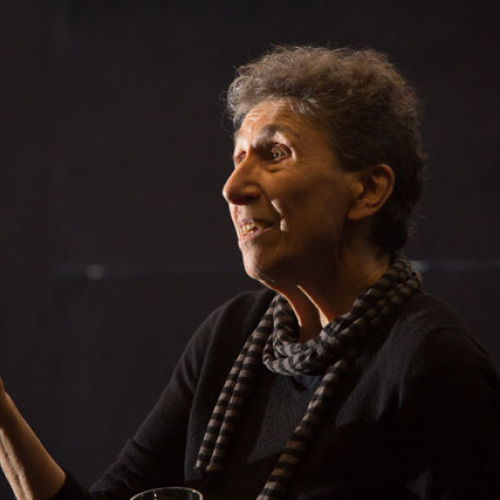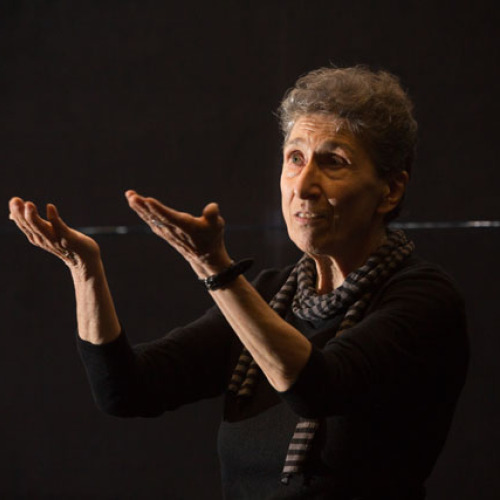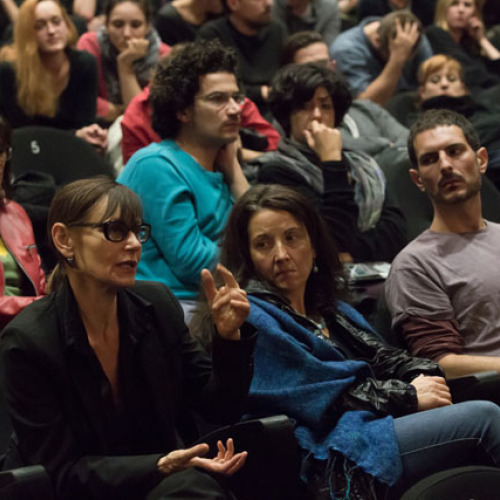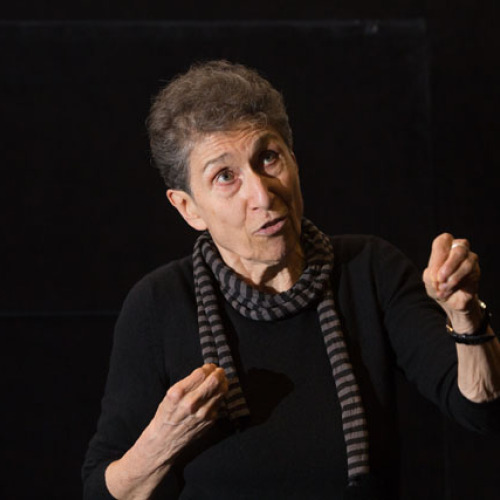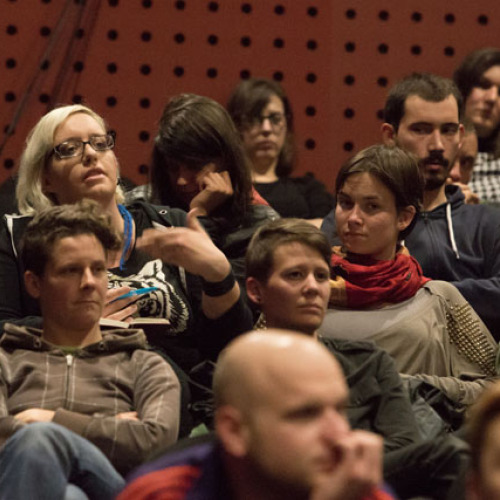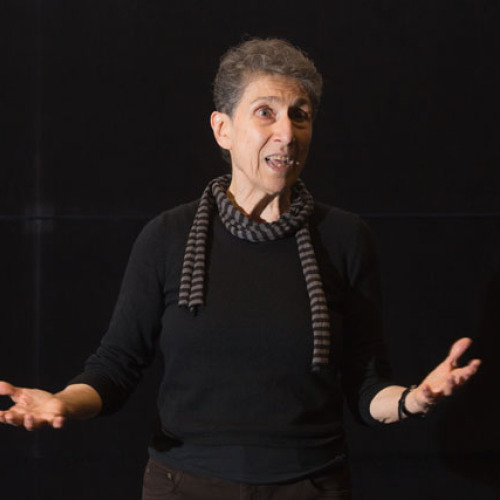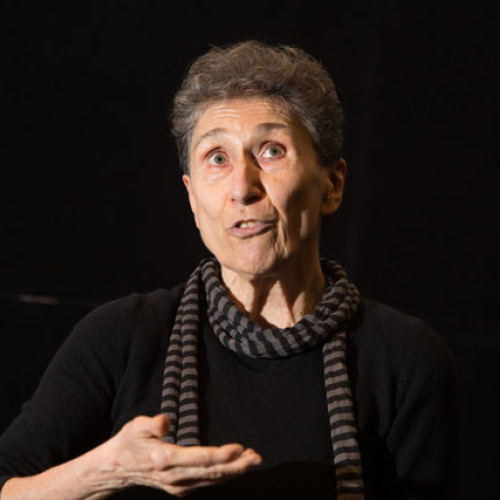
Revolution at the Point of Reproduction: From Wages for Housework to the Commoning of Reproductive Work
The process of economic globalization has deeply transformed the organization of female labor, both in and outside of the home, as well as the direction women’s struggles are taking on these terrains. In her presentation, Federici examines the main changes that have occurred internationally in reproductive work, both paid and unpaid, especially in urban environments, as well as the strategies women have developed in response to them. Topics discussed will include the globalization and commercialization of “care work”, the new emerging forms of “affective labor”, and the efforts women are making, especially in Latin America, to produce urban “commons” – that is, forms of reproduction outside the logic of the state and the market.
The seminar discusses the organization of reproduction in the capitalist economy – both past and present – with special attention to the new forms of reproductive work that have emerged from the restructuring of the world economy and the struggles that women are having on this terrain. The seminar will be divided into four parts.
Part I analyzes how the question of reproduction, and in particular that of domestic work, was posed in the context of debates within the feminist movement of the 1970s, the social and historical factors that motivated these debates and the different theories presented by feminists at the time concerning the relation between domestic work and sexual discrimination. This section clarifies the meaning of “reproductive work” and “social reproduction”, focusing in particular on the analysis of housework and unpaid labor in capitalism as developed in the context of the international Wages For Housework campaign. It also examines Marx’s theory of reproduction, the operaist concept of the “social factory”, Dalla Costa’s theory of domestic work as the production of labor power, and the relations between domestic work and sex work. Lastly, part I discusses the strategies the feminist movement of the 1970s produced to undermine the sexual division of labor and change the social position of women.
Part II discusses “reproductive work” and the construction of gendered hierarchies and identities in capitalism from a historical perspective, following the outline of Federici’s Caliban and the Witch. It demonstrates how a feminist perspective changes our understanding of the development and nature of capitalist relations, and redefines the process of “primitive accumulation”. It also examines the reconstruction of housework in the late 19th century and the associated development of the “welfare state”, culminating in the politics of Fordism and the New Deal. Both parts I and II are concerned with developing a perspective and a methodology from which to read our contemporary social reality “politically”.
Part III will deal with: the reproduction of labor power in the new global economy; land privatization and the attack on subsistence farming; the dismantling of the “welfare state”; the financialization of reproduction; women’s entry into extra-domestic work, and the globalization of care work and sex work; new forms of affective labor; women in the new debt economy; and women, the body and “primitive accumulation” today.
Part IV will discuss: women’s struggles against globalization and the production of the commons; feminist autonomy and UN-made feminism; the rise of “popular” and “communitarian” feminism; feminism and the land question; and creating communities of resistance and reproductive commons. (Silvia Federici)
The seminar will be in English.
Free entrance. Due to a limited number of participants, please make your prior reservation at contact@cityofwomen.org.

